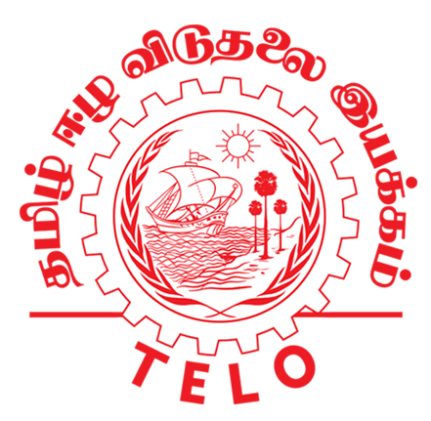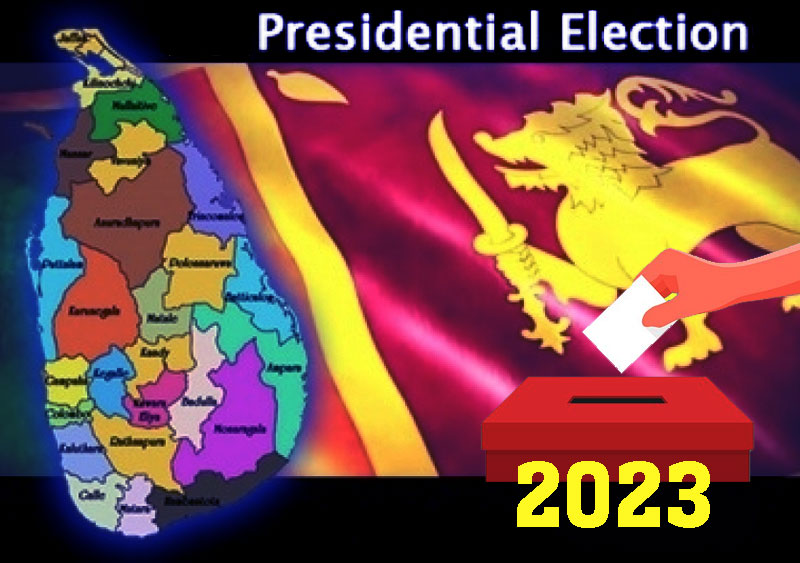Sri Lanka President Ranil Wickremesinghe who is reportedly looking for an early popular mandate will need to seek a constitutional amendment repealing a provision that prevents a president elected by parliament from calling an early presidential election.
Human rights lawyer Gehan Gunatilleke told EconomyNext on Monday June 05 that the amendment, as any other constitutional amendment, will require a two-thirds majority in parliament. Additionally, he said, if the Supreme Court determines that any provision of the amendment is inconsistent with one of the entrenched clauses in the Constitution, the amendment bill must also be approved by the people at a referendum.
According to Gunatillake, it can be argued that the repeal of the provision in question – article 31(3A)(e) of the constitution – will not result in any inconsistency with any entrenched clause.
“However, it is the Supreme Court that will ultimately decide the matter,” he said.
Wickremesinghe was elected in July 2022 under article 40 of the constitution which provides for parliament electing one of its members to fill a vacancy in the office of the president for the remainder of the departing president’s term of office. This was after ex President Gotabaya Rajapaksa resigned following mass anti-government protests at the height of last year’s economic and political crises.
According to Gunatillake, as things stand now, a fresh presidential election can be held only after the remainder of what was originally Rajapaksa’s term ends in November 2024 as, as per article 30(2), a presidential term shall be five years. Though article 31(3A)(a) gives an incumbent president the power to call an election at the end of four years to seek a second term in office, article 31(3A)(e) posits that a president elected by parliament under article 40 shall not have the power to call an early election. It provides: ‘A person succeeding to the office of President under the provisions of Article 40 shall not be entitled to exercise the right conferred on a President by sub-paragraph (a) of this paragraph.’
“So, the current President – who was elected by parliament under article 40 – does not have the power to call an early election. Only a constitutional amendment to repeal article 31(3A)(e) can enable him to call an early election, said Gunatallike.
This means President Wickremesinghe will have to seek a constitutional amendment repealing article 31(3A)(e) which, as noted by Gunatallike, will require a two-thirds majority in parliament and, depending on the Supreme Court’s determination, the approval of the public at a referendum though a case can be made the amendment will not result in any constitutional inconsistency.
Parliament support well in excess of a two-thirds majority for such an amendment is likely given that the main opposition Samagi Jana Balawegaya (SJB) has already declared its support for an early presidential election.
Opposition and SJB leader Sajith Premadasa, whose party endorsed him on May 16 at its presidential candidate, said that he intends to form an SJB-led alliance of opposition parties in the event of an early election, which Wickremesinghe is widely speculated to call.





